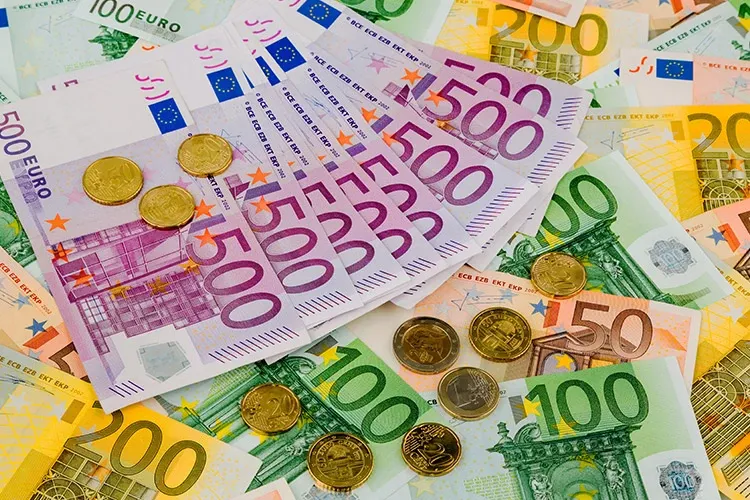Liberty Global Offloaded UPC Slovakia for €95 Million
Liberty Global agreed to sell its cable and broadband business UPC Slovakia to the local O2 subsidiary for around €95 million.

The European Union is set to agree on a blacklist of tax havens that could potentially face sanctions for failing to bring their standards in line with the bloc, as it seeks to further step up its fight against opaque practices that facilitate avoidance by multinationals and individuals, according to Bloomberg.
The group of jurisdictions is set to be rubber stamped by EU finance ministers at a meeting in Brussels. According to a draft document obtained by Bloomberg, the list includes South Korea, Panama, Tunisia, Bahrain and the United Arab Emirates, as well as Barbados, Samoa, Grenada, Macau, the Marshall Islands, Palau, and St. Lucia.
The final list is the result of months of screening on dozens of countries and territories, and back-and-forths between the 28-country bloc and various jurisdictions around the world. It could still change depending on the ministers’ political decision. As many as 19 countries will be blacklisted, while another 43 could be included in a separate gray list, to be monitored for their compliance with commitments undertaken.
It comes as the EU has stepped up its efforts in recent years to tackle tax avoidance and evasion around the world, plans that have received fresh impetus following leaks such as the recent Paradise papers, which exposed the scale of large-scale tax avoidance and fed public backlash against such practices. Throughout the past year, experts from the bloc have been screening 92 jurisdictions to identify whether they met the EU’s standards for transparency or whether they engaged in harmful tax practices.
The European Commission believes the threat of being on list itself can act as an incentive for countries to bring their tax systems in line with EU standards, for fear of being named and shamed. The countries which made commitments to tax transparency will be subject to monitoring over the EU coming year, while the bloc plans to be updating the list at least once a year. But some countries, including France, have said that listed jurisdictions should also face some form of sanction.
The ministers also agreed on language concerning how to move ahead with the taxation of digital companies. The EU is stepping up its efforts to ensure that tech giants pay their fair share and better capture their economic activity. But countries have been split on whether this should be dealt with at a global level so as not to give the EU a competitive disadvantage. The ministers asked the Commission to consider and propose temporary measures such as an equalization levy on digital revenues, pending a global response to the challenge. On the taxation of digital giants such as Amazon, Facebook and Apple, the ministers want the commission to make proposals in the spring.